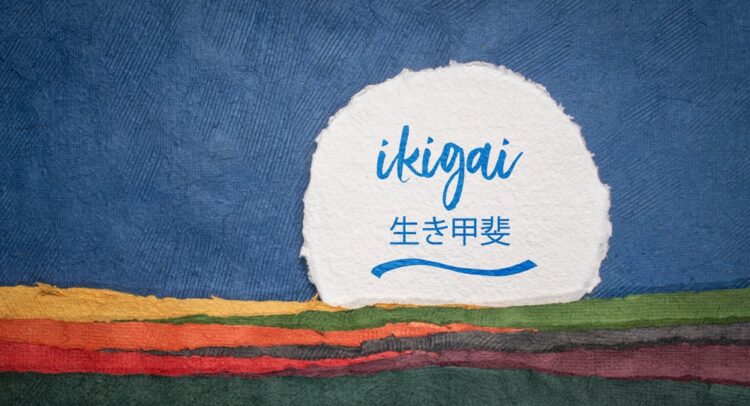In their bestselling book Ikigai: The Japanese Secret to a Long and Happy Life, authors Héctor García and Francesc Miralles discuss how Ikigai can lead to a happy and healthy life. The Japanese concept of Ikigai–a word that roughly translates to “the happiness of always being busy”–can also serve as a useful guide to creating sound personal finance habits.
Claim 50% Off TipRanks Premium
- Unlock hedge fund-level data and powerful investing tools for smarter, sharper decisions
- Stay ahead of the market with the latest news and analysis and maximize your portfolio's potential
Here are five lessons that we can apply to our personal finances:
(1) Identifying your priorities: Aligning your various priorities will help your personal finances as well. Ikigai will ensure that your financial decisions support your personal desires. Making sure that your day-to-day behavior meshes with your long-term objectives is key to finding this balance.
(2) Not relying on consumption: In our modern-day, connected lives, it is exceptionally easy to get into the habit of spending on unnecessary items. The ease of purchasing on credit or falling into the trap of revenge spending can lead us into consumption that is well beyond our finances. Finding other means of enjoyment can help us lead healthy, fulfilling lives without relying on consumption for short-term satisfaction.
(3) Being consistent: The importance of being consistent with your (healthy) habits tends to be a common theme among those who live happy, fulfilling lives. The same certainly holds true when it comes to personal finance as well. The idea behind dollar-cost averaging is that by plugging money into the market at regular intervals, you will gradually accumulate a nice sum without needing to worry about perfectly timing your investments. The magic of compound interest only truly works when money is left invested over longer periods of time.
(4) The 80% Rule: Eat only until you are 80% full. According to the authors, eating until we are completely stuffed will wear our bodies down with long digestive processes. One can also apply this idea to our personal finances. Just because we have the capacity to spend 100% of our funds is not an invitation to do so. We can and should aim to set aside a good chunk of our monthly income for savings or investments. In fact, the 50-30-20 budgeting rule is based on the idea that we will put 20% of our after-tax income aside for savings and investments.
(5) Finding community: Those living on the island of Okinawa enjoy extraordinarily long lifespans. They also tend to have a wonderful community life full of social engagements and enjoyment. Surround yourself with people who are responsible with their finances. Some people even choose to share their goals with those in their community, both in-person and online. This can also be a positive form of peer pressure that will help keep your finances on the straight and narrow.
Learn money management, and use data-driven stock insights with TipRanks.
















